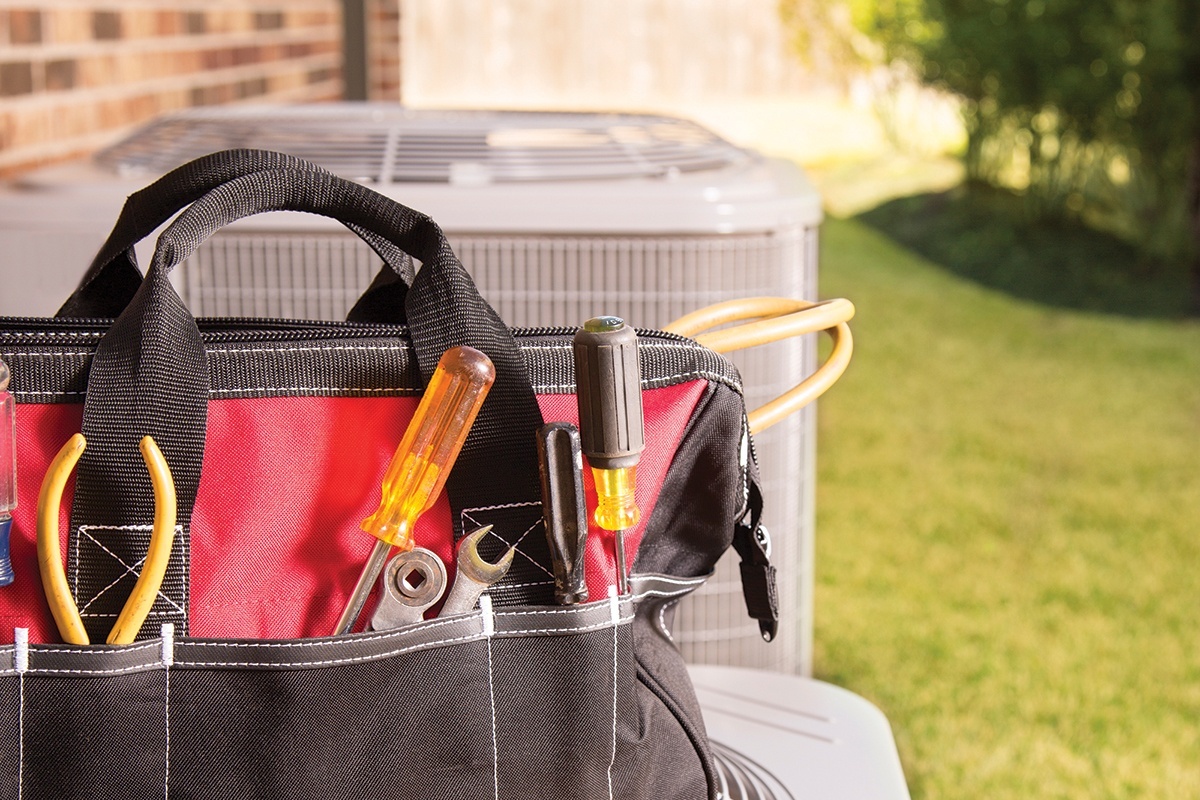As much as half of the energy used in your home goes to heating and cooling. Making smart decisions about your home’s heating, ventilating and air conditioning system can have a big effect on your utility bills—and your comfort. Take the following steps to increase the efficiency of your heating and cooling system.
Change your air filter regularly. Check your filter every month, especially during heavy use months (winter and summer). If the filter looks dirty, change it. At a minimum, change the filter every three months. A dirty filter slows down airflow and makes the system work harder to keep you warm or cool, wasting energy and money in the process. A clean filter prevents buildups of dust and dirt in the system that can lead to expensive maintenance or early system failure.
Tune up your HVAC equipment yearly. Just as a tuneup for your car can improve gas mileage, an annual tuneup of your heating and cooling system can improve efficiency and comfort.
Install a programmable thermostat. “Smart” thermostats are ideal for people who are away from home during set periods of time throughout the week. Through proper use of preprogrammed settings, a programmable thermostat can save you about $180 every year in energy costs.
Seal your heating and cooling ducts. Ducts that move air to and from a forced-air furnace, central air conditioner or heat pump are often big energy wasters. Sealing and insulating ducts can improve the efficiency of your heating and cooling system by as much as 20 percent—and sometimes much more.
First, focus on sealing ducts that run through the attic, garage or crawl space, if you have one. Use duct sealant (mastic) or metal-backed (foil) tape to seal the seams and connections of ducts. Do not use duct tape, despite its name.
After sealing the ducts in those spaces, wrap them in insulation to keep them from getting hot in the summer or cold in the winter. Next, seal any other ducts that you can access in the heated or cooled part of the house.
Consider installing Energy Star-qualified heating and cooling equipment. If your HVAC equipment is more than 10 years old or not keeping your house comfortable, have it evaluated by a professional. If it is not performing efficiently or needs upgrading, consider replacing it with a unit that has earned Energy Star approval. Depending on where you live, replacing your old heating and cooling equipment with qualified models can cut your annual energy bill by more than $115.
Before you invest in a new HVAC system, though, make sure that you have addressed the big air leaks in your house and ducts. Sometimes these are the real sources of problems.


